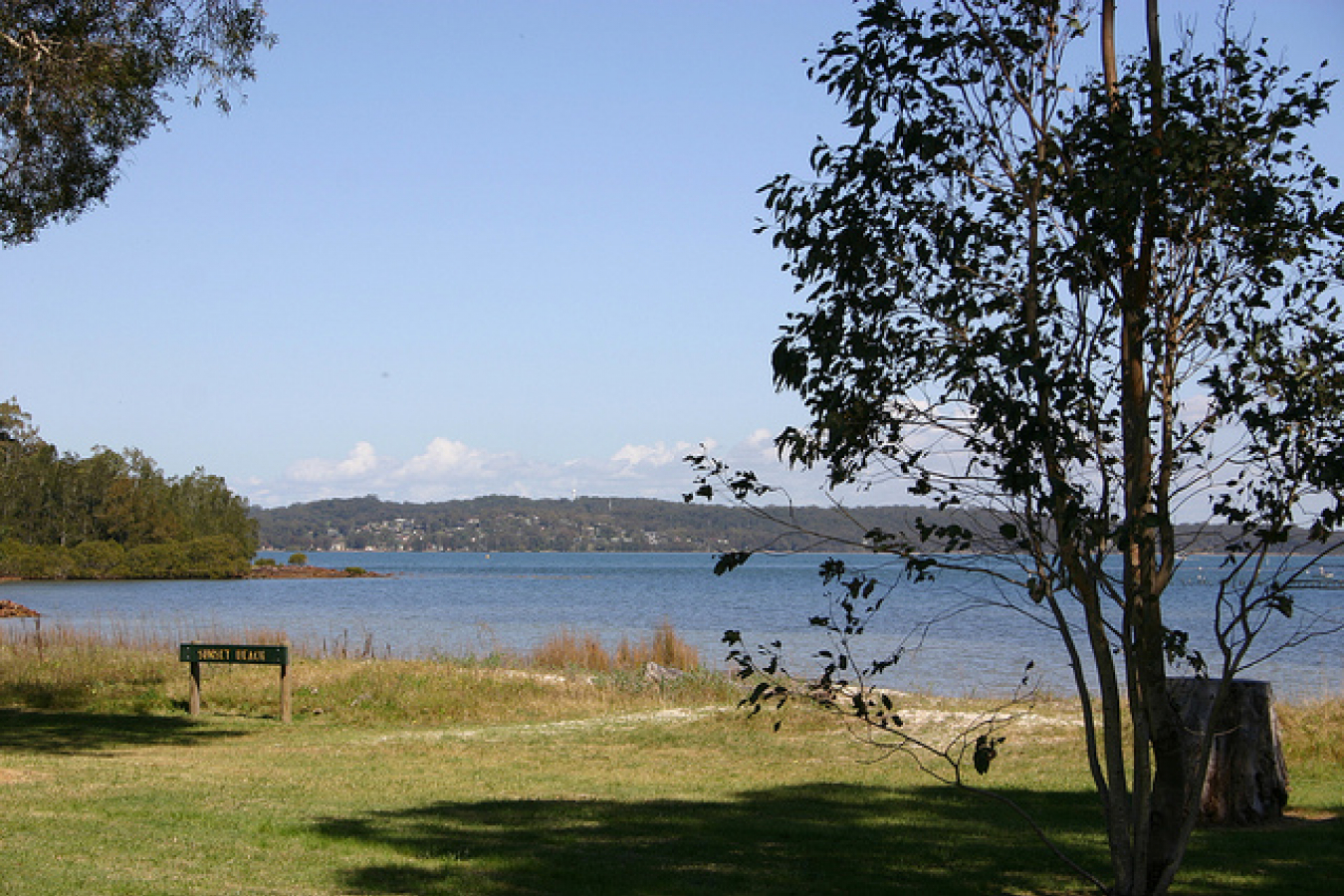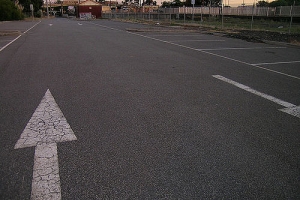Support migrant centric journalism today and donate

A report written by an Australian academic states that there have been 400,000 jobs created in the Australian economy since 2011 and that migrants who have arrived in the country since that year have taken 380,000 of them; 95% of the total.
The report, Immigration and Unemployment in 2014, is written by Bob Birrell and Ernest Healy of Monash University in Melbourne. Dr Birrell is a long-standing critic of Australia's immigration policy which he says has resulted in a lack of jobs for Australian citizens and residents, particularly the young.
The report says that net immigration into Australia runs at about 240,000 per year, as it has done for some years. This level was set during a boom in the Australian economy and now, Dr Birrell says, it is far too high.
He says 'Successive governments have argued that high migration is beneficial because the migration program is targeting skills not available in Australia' but adds 'This study shows that this is not the case.'
The report gives three explanations for this;
- The Shortage Occupation List is out of date
- Students allowed to stay
- The rules governing employer sponsorship for both permanent and temporary entry skilled employment visas
Australia allows people to apply for residence visas if they are skilled in a trade or profession to be found on the Shortage Occupation List (SOL). The report says that this list is out of date. Many professions found on the list are not in short supply and there are Australians who are trained in them who cannot find work. Among these professionals are accountants, nurses and dentists.
Many students who studied at Australia's universities have been allowed to apply for Australian visas 'on favourable terms.' The report claims that students who have skills that Australia does not need have been allowed to stay. Many accountants, for example, have been allowed to stay despite the evidence that there is a surplus of accountants in Australia.
Over half of working migrants move to Australia with visas which require sponsorship by employers. The report claims that in some cases overseas employees are brought in despite there being thousands of Australian residents who are unemployed and qualified to do the work.
However the report has come under much criticism since its publication, especially on the third point. While it is true that many migrants are sponsored by employers, they have to meet certain visa requirements which make it difficult for the employer to employ overseas nationals if there Australian residents available to do the work. Other critics have argued that although immigration to Australia is at a high level, the '95%' claim of the report is highly unlikely.
Visa Churning
In addition, the report states, there are a great many migrants who are in the country and who transfer from one visa to another. For example, many students transfer to tourist visas when their student visa expires. The report says that these people are almost certainly working illegally. 142,000 students got other visas in 2012-13. 28,484 students transferred to tourist visas. This process is described as 'visa churning.'
The report says 'Most of these are likely to be working illegally. These temporary entrants are feeding the ranks of those keen to find an employer to sponsor them for a temporary or permanent employment visa. They are also competing with young Australian resident job seekers for semi-skilled entry level jobs.'
The report recommends that 'Australian resident job seekers are given priority access to the limited number of new jobs being created in Australia.'
Recommendations
The report recommends
- A reduction in the numbers of permanent migrants accepted by Australia each year
- Only those skilled in occupations which are genuinely in short supply in Australia should be allowed entry to Australia.
- A cap on the number of temporary work visas. The number of working holiday makers in particular should be limited
- Limits on 'visa churning.'
- An increase in the training available to Australian residents if there are skills shortages
The Australian immigration minister has recently asked for more information about abuses in the immigration system after leaked documents suggested that it has been subjected to high levels of fraud with claims that as many as 90% of skilled immigration visas being obtained by fraud in 2010.





















